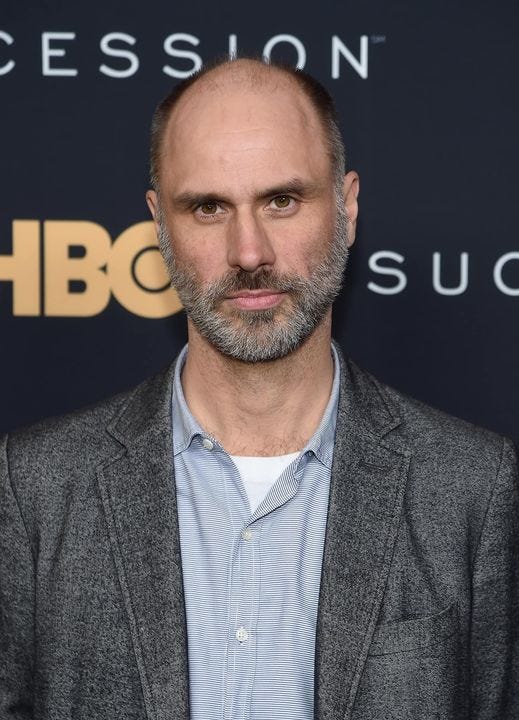Several readers have expressed interest in a Zoom conversation to talk about craft elements in writing. Richard and I would love to organize this and are thinking about the second week in June, either for one hour on a weekday evening or any time on a weekend. You would be invited to ask questions, and talk with each other as well as with me. Please let…
Keep reading with a 7-day free trial
Subscribe to Everything is Personal to keep reading this post and get 7 days of free access to the full post archives.




